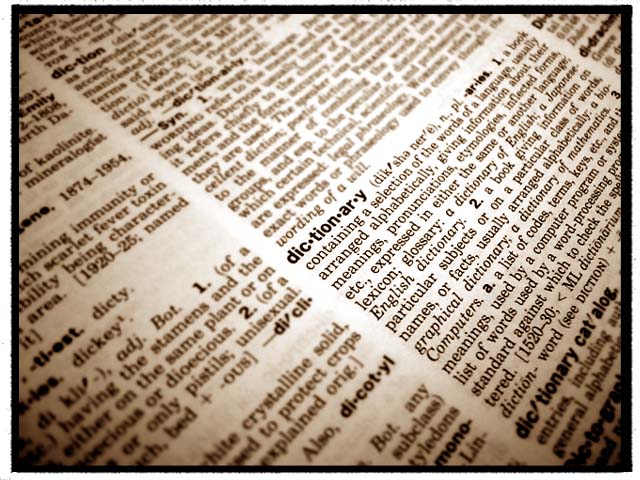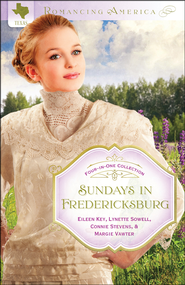I will tell you right here that this post is NOT original. I didn’t write it, although I wish I had. I suspect it was written by a retired English teacher who was bored.
 Homographs are words of like spelling but with more than one meaning. A homograph that is also pronounced differently is a heteronym.
Homographs are words of like spelling but with more than one meaning. A homograph that is also pronounced differently is a heteronym.
1) The bandage was wound around the wound.
2) The farm was used to produce produce.
3) The dump was so full that it had to refuse more refuse.
4) We must polish the Polish furniture.
5) He could lead if he would get the lead out.
6) The soldier decided to desert his dessert in the desert.
7) Since there is no time like the present, he thought it was time to present the present.
8) A bass was painted on the head of the bass drum.
9) When shot at, the dove dove into the bushes.
10) I did not object to the object.
11) The insurance was invalid for the invalid.
12) There was a row among the oarsmen about how to row.
13) They were too close to the door to close it.
14) The buck does funny things when the does are present.
15) A seamstress and a sewer fell down into a sewer line.
16) To help with the planting, the farmer taught his sow to sow.
17) The wind was too strong to wind the sail.
18) Upon seeing the tear in the painting, I shed a tear.
19) I had to subject the subject to a series of tests.
20) How can I intimate this to my most intimate friend?
 Let’s face it – English is a crazy language. There is no egg in eggplant, nor ham in hamburger, neither apple nor pine in pineapple. English muffins weren’t invented in England or French fries in France. Sweetmeats are candies while sweetbreads, which aren’t sweet, are meat. We take English for granted. But if we explore its paradoxes, we can find that quicksand can work slowly, boxing rings are square, and a guinea pig is neither from Guinea nor is it a pig.
Let’s face it – English is a crazy language. There is no egg in eggplant, nor ham in hamburger, neither apple nor pine in pineapple. English muffins weren’t invented in England or French fries in France. Sweetmeats are candies while sweetbreads, which aren’t sweet, are meat. We take English for granted. But if we explore its paradoxes, we can find that quicksand can work slowly, boxing rings are square, and a guinea pig is neither from Guinea nor is it a pig.
And why is it that writers write but fingers don’t fing, grocers don’t groce, and hammers don’t ham? If the plural of tooth is teeth, why isn’t the plural of booth, beeth? One goose, two geese. So one moose, two meece? One index, two indices? Doesn’t it seem crazy that you can make amends but not one amend? If you have a bunch of odds and ends and get rid of all but one of them, what do you call it? An odd or an end?
If teachers taught, why didn’t preachers praught? If a vegetarian eats vegetables, what does a humanitarian eat? If vegetable oil is made from the extractions of vegetables, from what is baby oil made?
The English language can send writers and speakers to an asylum for the verbally insane. In what other language will you find people who recite at a play and play at a recital? Ship by truck and send cargo by ship? Have noses that run and feet that smell?
How can a slim chance and fat chance have the same connotation, while a wise man and a wise guy are opposites? You have to marvel at the unique lunacy of a language in which your house can burn up as it burns down, in which you fill in a form by filling it out.
English was invented by people, not computers, and it reflects the creativity of the human race, which, of course, is not a race at all. They why, when the stars are out, they are visible, but when the lights are out, they are invisible.
And has anyone speculated why Buick does not rhyme with quick?
Post a comment and let us hear your favorite English language oddity,  and you will be entered in a drawing for a free copy of SUNDAYS IN FREDERICKSBURG.
and you will be entered in a drawing for a free copy of SUNDAYS IN FREDERICKSBURG.






2 Responses to THE ENGLISH LANGUAGE–a writer’s tools